Research by Professor Richard Weissbourd, a child behavioral scientist at Harvard University, has found that children have three opportunities to become smarter. That means brain development is phased and this time is very short, parents should not miss it.
Through research, Professor Richard Weissbourd discovered that, before the age of 12, brain neural connections related to vision, hearing, language, and cognition develop rapidly and are almost complete. After the age of 12, the development of brain functions is in a more stagnant state than before.
This study also fully demonstrates why humans have the longest childhood among primates. The meaning of childhood for humans is very important. This is the time when children gain necessary experiences and lessons through interactions with adults and are fully prepared when entering adulthood.

Through research, Professor Richard Weissbourd discovered that, before the age of 12, brain neural connections related to vision, hearing, language, and cognition develop rapidly and are almost complete. Illustration photo
Through many large-scale experiments, scientists have shown that:
- Before 3 years old: Children have only developed 60% of their brain.
- Before age 6: That number increases to 80%.
However, it tends to slow down when children are between 10 and 13 years old, because at this time brain development is basically complete.
- After the age of 15, the child's brain basically remains unchanged.
In addition, psychologists also did another experiment with newborn babies. They placed the babies in two different environments:
The first group of infants were placed in a normal environment, surrounded by quiet walls. The second group of infants were placed in a colorful environment, with music, art stories, and the sounds of doctors and nurses busy with their daily work.
After a period of time, experts discovered that the intellectual development of children in group one was 3 months slower than that of children in group two. At the same time, experts also concluded that the cognitive ability and memory of children in group two were much better than those in group one.
So, it can be seen that external factors greatly affect the development of children's IQ. No matter how strong the parents' genes are, unscientific parenting can also hinder the child's development.
To avoid unfortunate events and improve their children's IQ, parents should focus on the following 3 golden stages:
1. Stage 0 - 3 years old
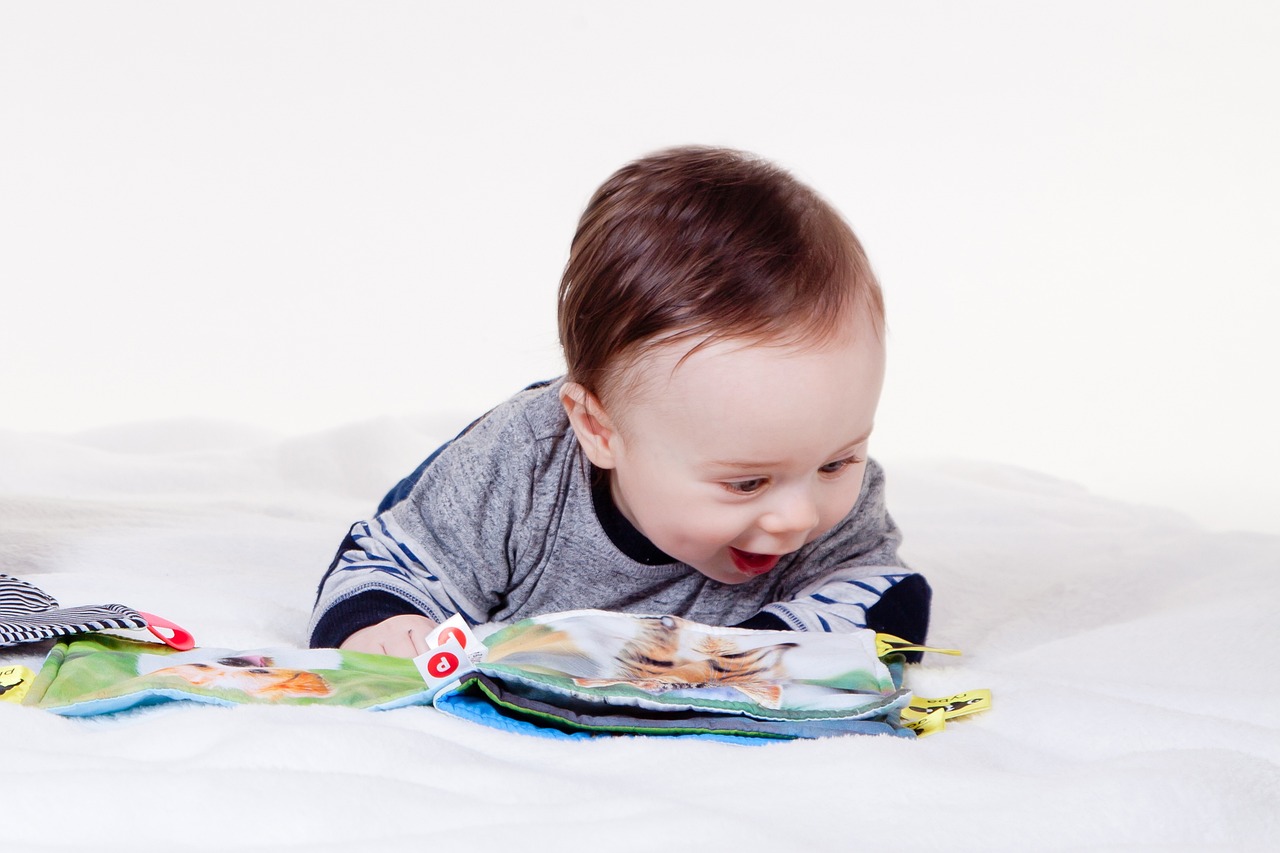
If your child is at this stage, parents should pay attention to their own behavior. Illustration: pixabay
This is the stage when children are curious about the world around them, they gradually form self-awareness and desire to explore everything, imitating everything they see.
Young children especially like to imitate their parents' behavior. They are always very focused on what their parents do, carefully observe and memorize it in their brains, then repeat that behavior.
In addition, children at this stage also have a strong sense of competition. For example, when two children eat together, they will eat much faster than when eating alone. Or when playing with toys together, children tend to want to fight for the toy that the other child is holding.
At this time, the baby's brain has 3 main functions: absorbing new things, repeating and finally remembering. The time for babies to remember is extremely fast, 4 times faster than the time for adults to remember.
If your child is at this stage, parents should pay attention to their own behavior, correct bad behaviors and guide and encourage their children to demonstrate good behaviors to build their independence.
2. The stage from 5-7 years old develops children's IQ

Children aged 5-7 absorb and learn new things quickly. Illustration: pixabay
This is the second golden stage for developing a child's IQ. At this stage, the child's personality has been expressed relatively fully. Therefore, this is also the time when parents need to focus on shaping and correcting their child's personality.
Children aged 5-7 absorb and learn new things quickly, but they do not know right from wrong. Children can quickly learn both good and bad things. Therefore, parents need to monitor their children carefully. When children have bad behavior, they need to be corrected immediately.
Scolding children at this stage is also not recommended. Because this is also the stage when children are prone to psychological crisis. Children will react to scolding and beatings from their parents with negative and rebellious actions. So instead of scolding children, analyze them so they can understand and change.
Parents should buy age-appropriate thinking toys for their children to practice their intelligence. At this age, children are also interested in puzzles. Parents should often play with their children, giving them simple, familiar puzzles so that they can practice their thinking skills and learn how to think and reason about problems. In addition, children should also be regularly taken to places such as parks, zoos, intellectual playgrounds, public places... so that they can discover new things and learn how to communicate and behave with people around them.
3. Stage from 8-10 years old
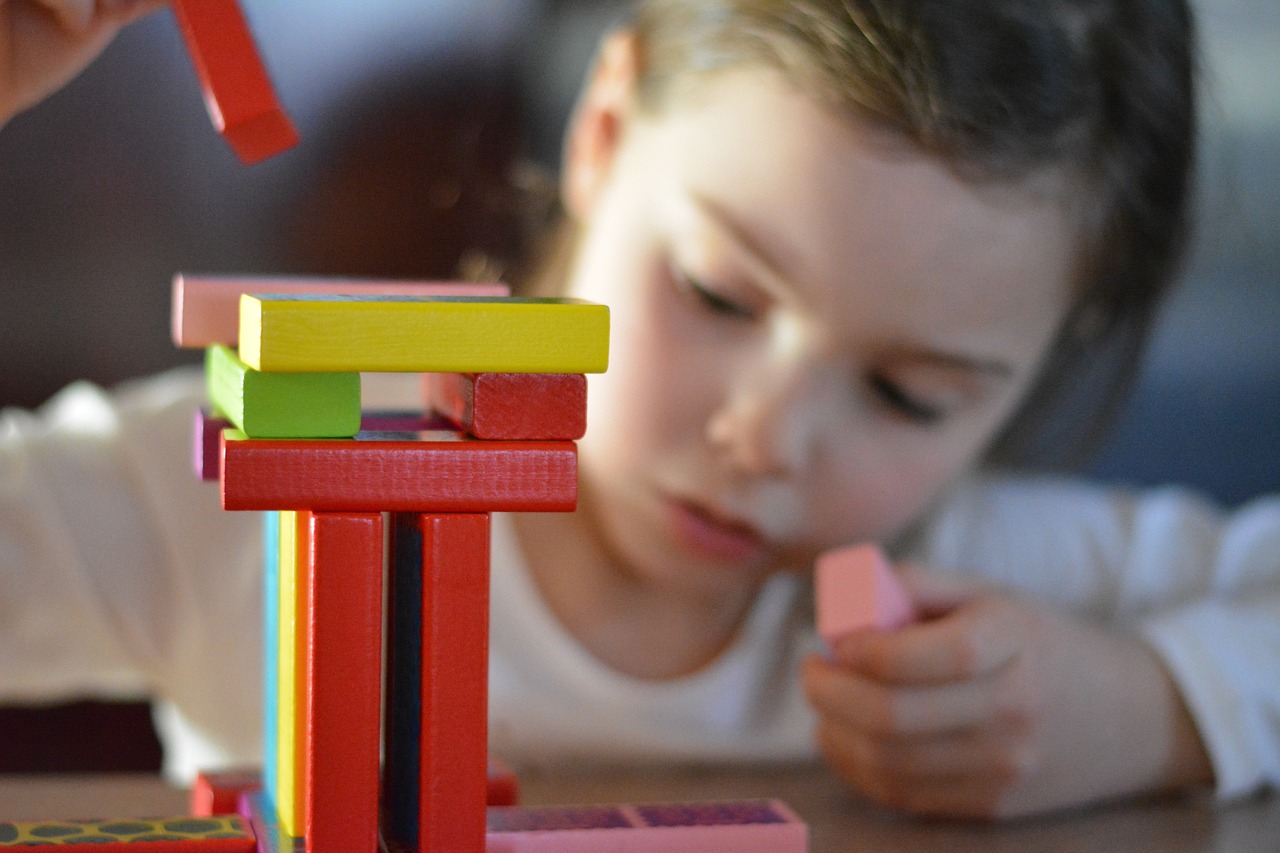
The period from 8-10 years old is very important in developing a child's IQ. Illustration: pixabay
Professor Richard's research shows that the neural connections of vision, hearing, language and cognition... are largely developed when children are 1 year old and stagnate after 12 years old. Therefore, the period from 8-10 years old is very important in developing children's IQ.
At this stage, children are less curious about the world, bored with studying and show signs of rebellion, stubbornness, and often disobey their parents. Children are quite competitive when they are between 8 and 10 years old. They always try to express themselves, even if the way they express themselves is wrong.
This is also the stage that determines the future personality of the child. Therefore, parents need to be closer to their children at this age. Children's studies should not be neglected, but not too close! Teach your children how to study and play appropriately so that they are not bored and learn more easily.
Source























































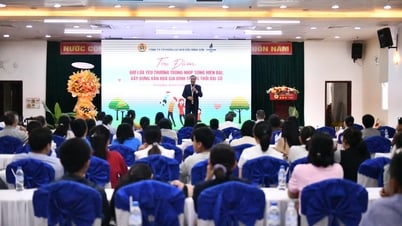










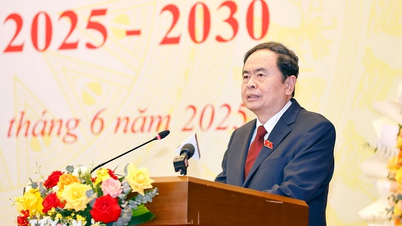












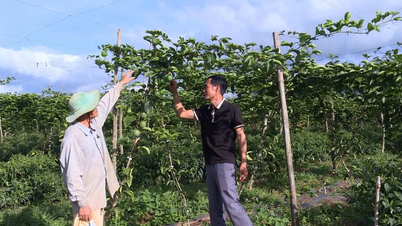























Comment (0)